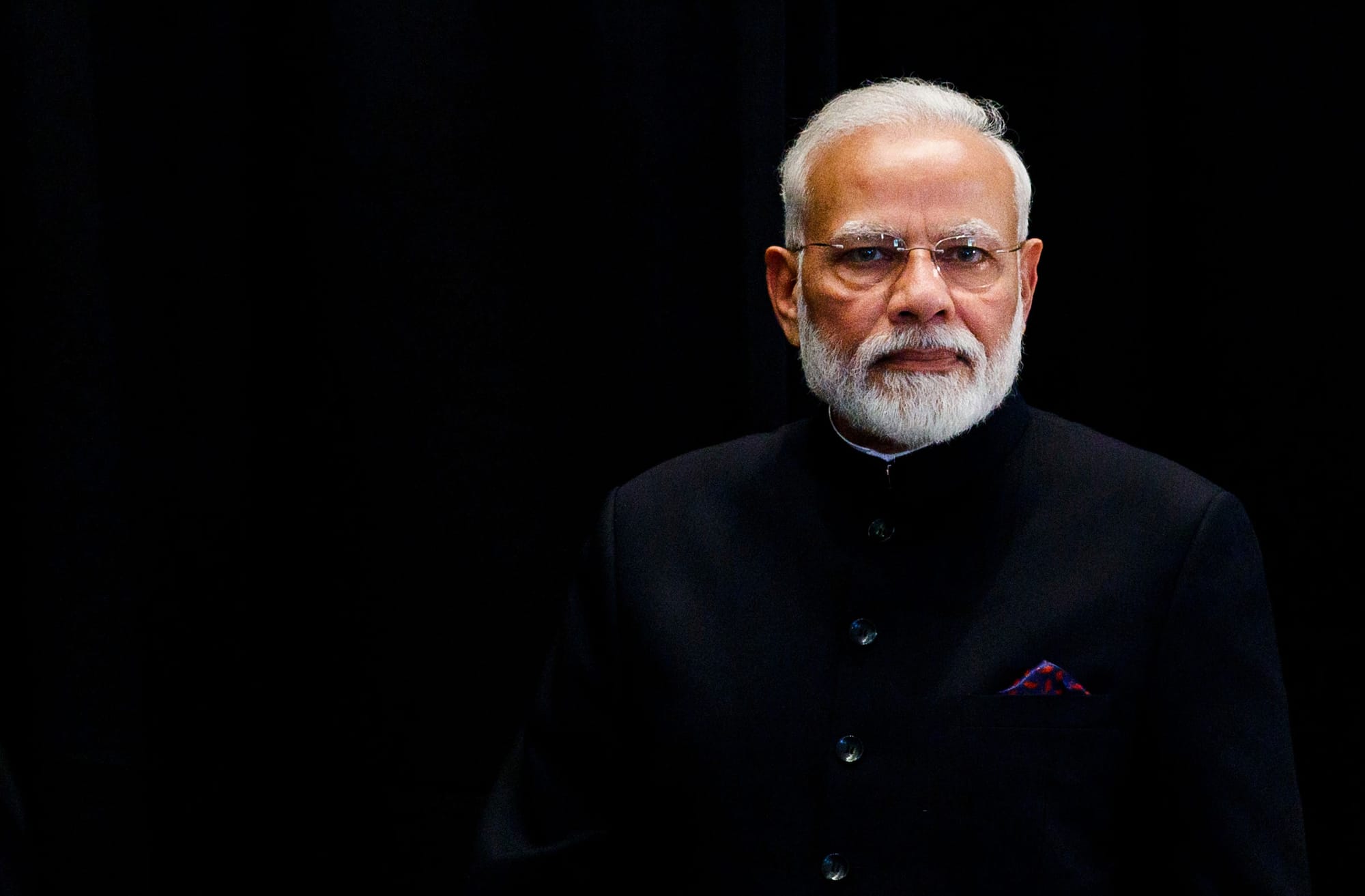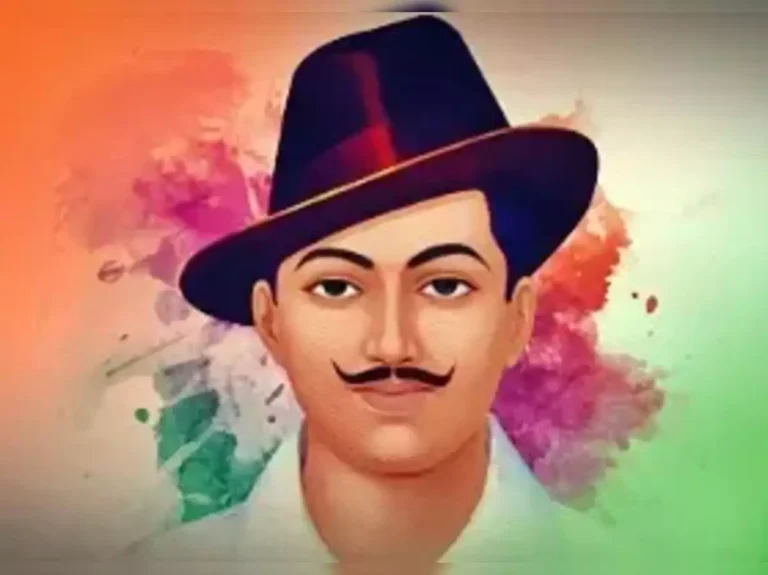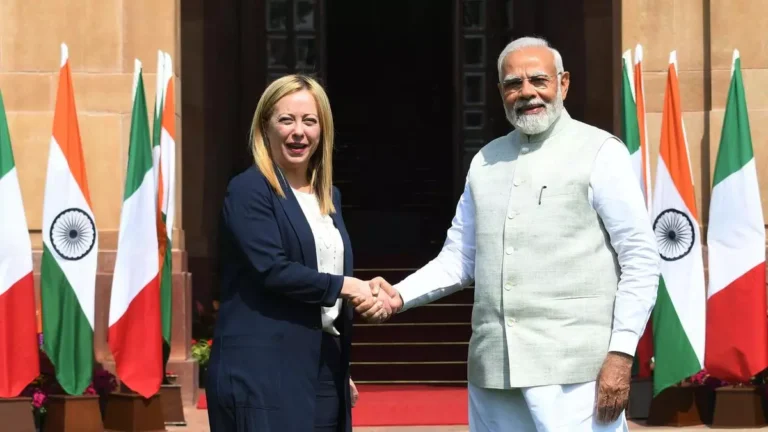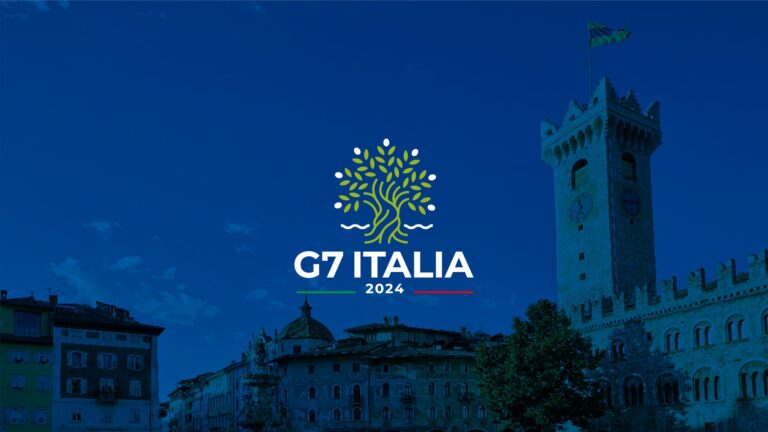
Narendra Modi, the 14th Prime Minister of India, has emerged as one of the most influential political figures in contemporary Indian history. His journey from a humble background to the highest echelons of power is emblematic of the aspirational spirit that defines modern India. Since assuming office in May 2014, Modi has led the nation through a period of significant transformation, advocating for economic development, social reform, and international diplomacy.
Early Life and Political Career
Born on September 17, 1950, in Vadnagar, Gujarat, Narendra Modi’s upbringing was marked by modesty and resilience. His entry into politics began in the early 1970s, initially as a member of the Rashtriya Swayamsevak Sangh (RSS), a Hindu nationalist organization. Over the years, he rose through the ranks of the Bharatiya Janata Party (BJP), serving in various leadership roles at both state and national levels.
Chief Minister of Gujarat: Development Agenda
Modi’s tenure as Chief Minister of Gujarat from 2001 to 2014 earned him both praise and criticism. Under his leadership, Gujarat witnessed rapid economic growth, infrastructure development, and initiatives to promote investment and entrepreneurship. However, his governance also faced scrutiny for the handling of the 2002 Gujarat riots, which led to polarizing opinions about his leadership.
Prime Ministership: Vision for New India
In the 2014 general elections, Narendra Modi led the BJP to a historic victory, securing a majority in the Lok Sabha (Lower House of Parliament) and assuming the office of Prime Minister. His election campaign focused on the promise of “Sabka Saath, Sabka Vikas” (Development for All), emphasizing inclusive growth and empowerment.
Key Initiatives and Reforms
As Prime Minister, Narendra Modi has implemented several flagship initiatives aimed at transforming various sectors of the economy and society. The “Make in India” campaign seeks to promote manufacturing and boost job creation, while “Digital India” aims to harness technology for governance and service delivery. Other notable schemes include “Swachh Bharat Abhiyan” (Clean India Mission), “Ayushman Bharat” (National Health Protection Mission), and “Jan Dhan Yojana” (Financial Inclusion Program).
Foreign Policy and Global Leadership
Modi’s foreign policy agenda has emphasized strengthening India’s diplomatic ties with key global partners and enhancing its role on the world stage. His visits to numerous countries, active participation in multilateral forums, and initiatives such as the International Solar Alliance (ISA) have helped elevate India’s profile as a responsible global actor.
Criticisms and Challenges
Despite his achievements, Narendra Modi’s leadership has also faced criticism on various fronts. Critics have raised concerns about issues such as religious polarization, freedom of speech, and the impact of certain economic policies on marginalized communities. Additionally, challenges such as unemployment, agrarian distress, and regional conflicts continue to test the resilience of his government.
Conclusion
Narendra Modi’s leadership represents a dynamic blend of ambition, pragmatism, and charisma. His emphasis on economic development, innovation, and diplomacy has positioned India as a prominent player on the world stage. As he continues to steer the nation towards progress and prosperity, the legacy of his leadership will undoubtedly shape India’s trajectory in the years to come. Whether viewed as a transformative figure or a polarizing one, Narendra Modi’s impact on Indian politics and society is undeniable, leaving a lasting imprint on the fabric of the nation.




